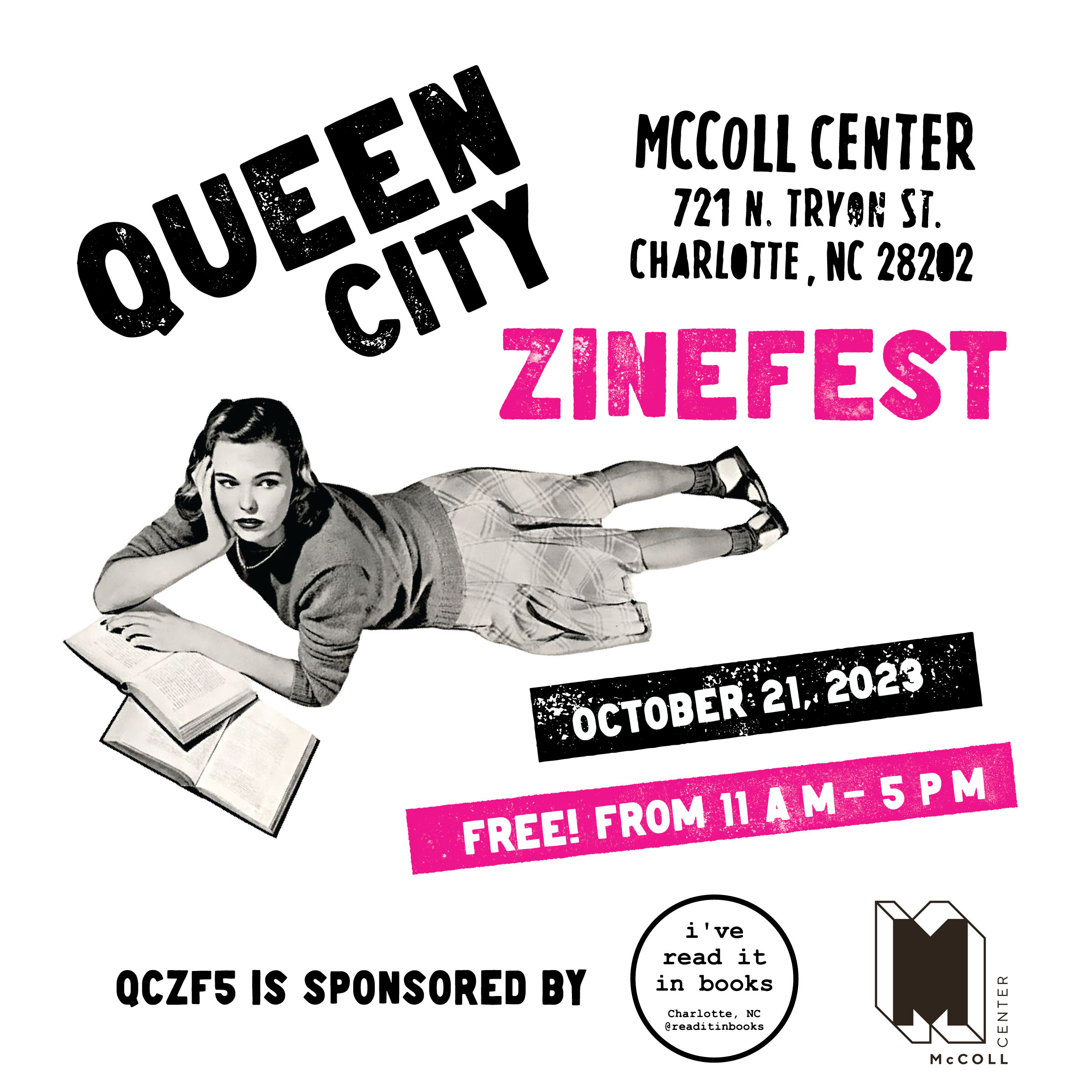From this paper:
“It is commonly observed that running animals retract their limbs just prior to ground contact, moving each foot rearward towards the ground.”
I used to think when the foot cycled through in running, you could wait for it to naturally fall. I no longer believe this is true. What you see in overstriding is the lower leg gets far in front of the body and never retracts.
I’ve been focusing more on swing-leg retraction this week in my running.
It’s explained here by Olympian Chari Hawkins.


